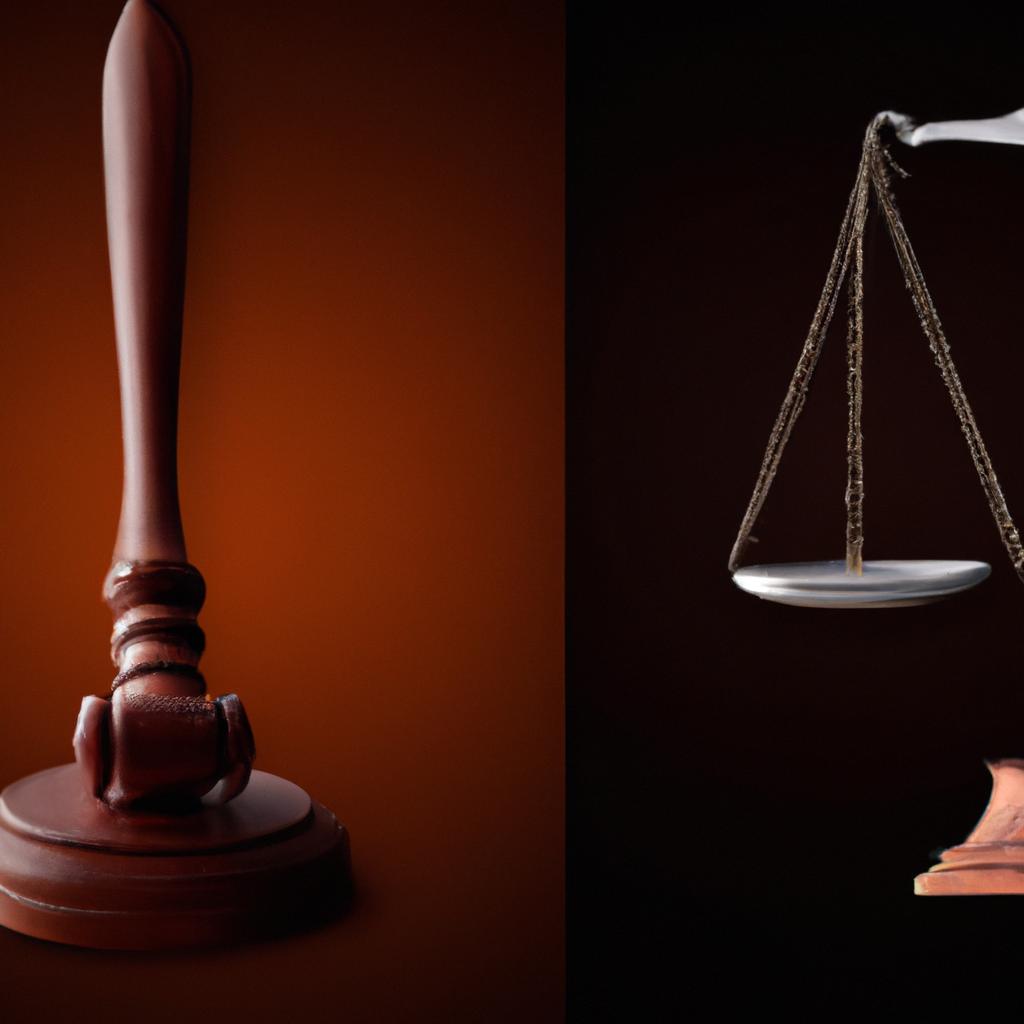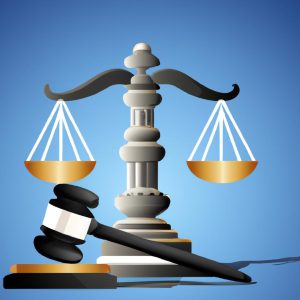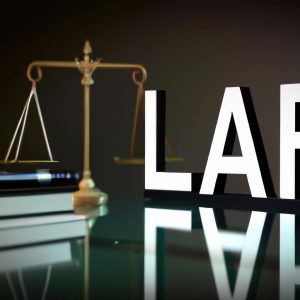In a world where the concept of property ownership is fundamental, the issue of “will rights” takes center stage. As experienced professionals in estate planning and probate, we at Morgan Legal Group understand the importance of ensuring that one’s wishes are honored and assets distributed in accordance with the law. In this article, we delve into the complexities surrounding will rights, shedding light on the legal intricacies and implications that shape the landscape of testamentary dispositions. Join us as we navigate the terrain of wills and trusts, exploring the rights and responsibilities that come with the power to determine the fate of one’s legacy.
Understanding Will Rights for Estate Planning
When it comes to estate planning, understanding your will rights is crucial. Ensuring that your wishes are carried out after your passing requires a comprehensive understanding of the legal framework surrounding wills. With a well-drafted will, you can protect your assets and provide for your loved ones in accordance with your wishes.
It is important to know that will rights encompass various aspects of estate planning, including the following key points:
- Designating beneficiaries: Your will allows you to designate who will inherit your assets upon your death.
- Choosing an executor: You can appoint a trusted individual to carry out the terms of your will and handle your estate.
- Setting up trusts: With a will, you can create trusts to manage assets for specific purposes, such as providing for minor children or ensuring charitable donations.
- Updating your will: It is important to review and update your will periodically to reflect any changes in your circumstances or wishes.

Key Considerations for Protecting Will Rights
When it comes to protecting will rights, there are several key considerations that individuals need to keep in mind. It’s essential to ensure that your will is legally valid and properly executed to avoid any potential challenges or disputes in the future. Additionally, it’s crucial to update your will regularly to reflect any changes in your circumstances or wishes.
Another important consideration is choosing the right executor for your will. This individual will be responsible for carrying out your wishes and ensuring that your estate is distributed according to your instructions. It’s also vital to consider any potential tax implications and plan accordingly to minimize tax liabilities for your beneficiaries. Consulting with an experienced estate planning attorney can help you navigate these complexities and protect your will rights effectively.

Ensuring Will Rights are Upheld: Essential Strategies
In order to ensure that will rights are upheld, it is essential to implement a variety of strategies to protect the wishes of the deceased individual. One crucial strategy is to clearly outline the terms and conditions of the will in a legally binding document. This document should be drafted by a qualified legal professional to avoid any ambiguity or misinterpretation.
<p>Additionally, appointing a trustworthy executor is paramount to the successful execution of the will. The executor is responsible for carrying out the wishes of the deceased, distributing assets, and settling any outstanding debts. It is important to choose someone who is reliable, organized, and understands the complexities of estate planning.</p>
Effective Communication in Resolving Will Disputes
Effective communication is crucial when it comes to resolving will disputes. By maintaining open and honest communication with all parties involved, misunderstandings can be clarified, tensions can be diffused, and compromises can be reached. Clear and respectful communication can help prevent conflicts from escalating and can lead to a quicker and more amicable resolution.
When communicating in will disputes, it is important to listen actively to the concerns and perspectives of all parties involved. By actively listening, parties can better understand each other’s viewpoints and can work towards finding mutually beneficial solutions. Additionally, using clear and concise language, avoiding jargon, and providing explanations when needed can help ensure that communication is effective and that all parties are on the same page.
Q&A
Q: What are “will rights” and why are they important?
A: “Will rights” refer to the legal rights granted to individuals in their last will and testament. They are important because they allow individuals to dictate how their assets are distributed after their passing.
Q: Can a person’s will rights be challenged?
A: Yes, a person’s will rights can be challenged in court if there are suspicions of fraud, undue influence, or lack of mental capacity at the time the will was created.
Q: What happens if someone dies without a will?
A: If someone dies without a will, their assets are distributed according to intestacy laws, which may not reflect their wishes. It is important for individuals to have a valid will in place to ensure their assets are distributed as they desire.
Q: How can someone protect their will rights?
A: To protect their will rights, individuals should ensure their will is properly drafted and executed, update it regularly to reflect any changes in their circumstances, and communicate their wishes to their loved ones.
Q: Can will rights be revoked or changed?
A: Yes, will rights can be revoked or changed at any time by the individual creating the will, as long as they are of sound mind and have the legal capacity to do so. It is important to regularly review and update your will to ensure it reflects your current wishes.
To Conclude
In conclusion, the concept of “will rights” challenges traditional notions of inheritance and opens up a broader conversation about autonomy, fairness, and the legacy we leave behind. By considering the rights of individuals to determine the fate of their possessions after death, we are forced to confront deep-seated beliefs about control, responsibility, and obligation. Whether we believe in the sanctity of wills or question their validity, one thing is certain: the power to shape our own legacies is a profound and complex privilege that continues to inspire debate, reflection, and perhaps even a reimagining of what it means to truly honor the wishes of the departed.






